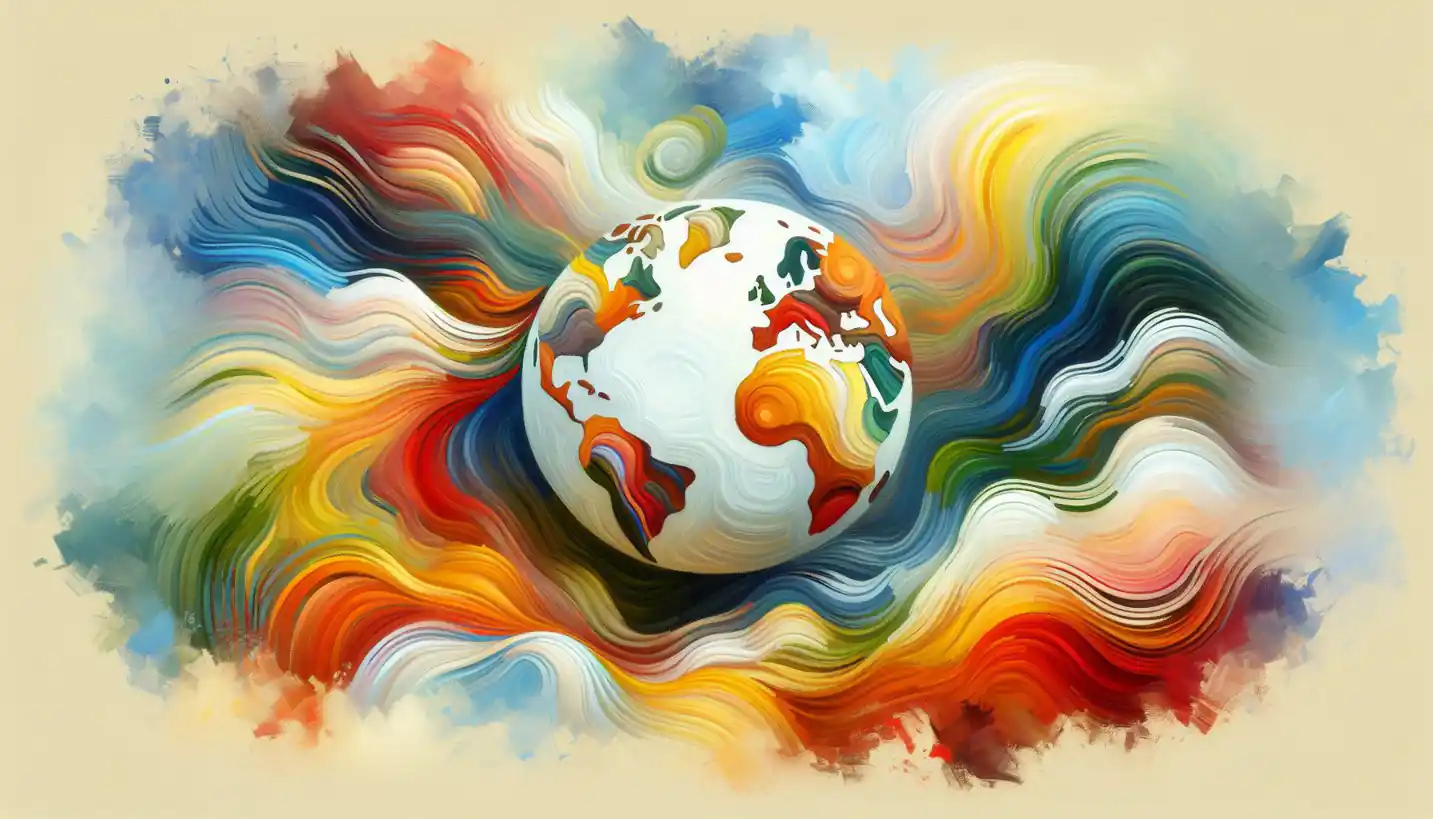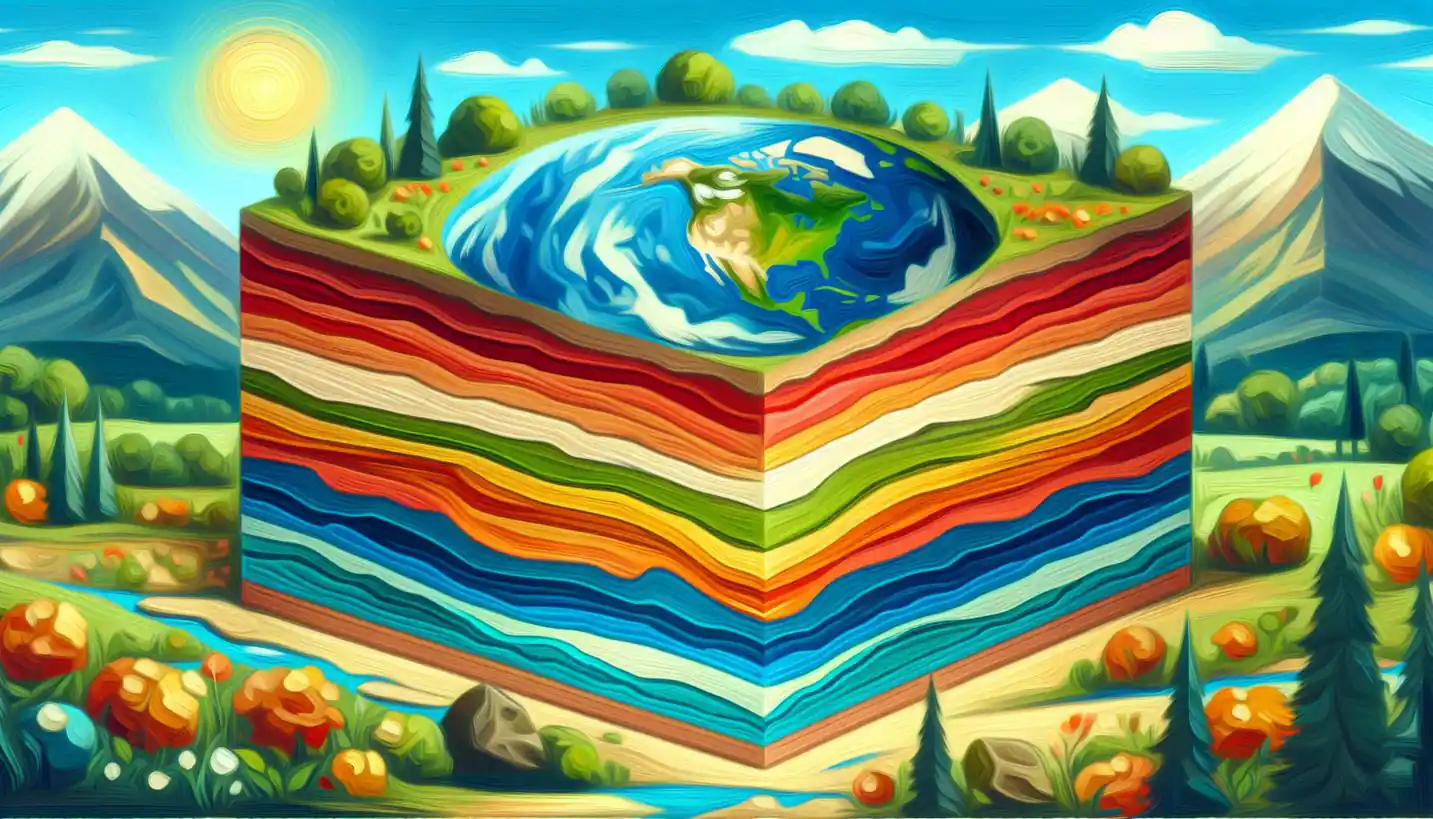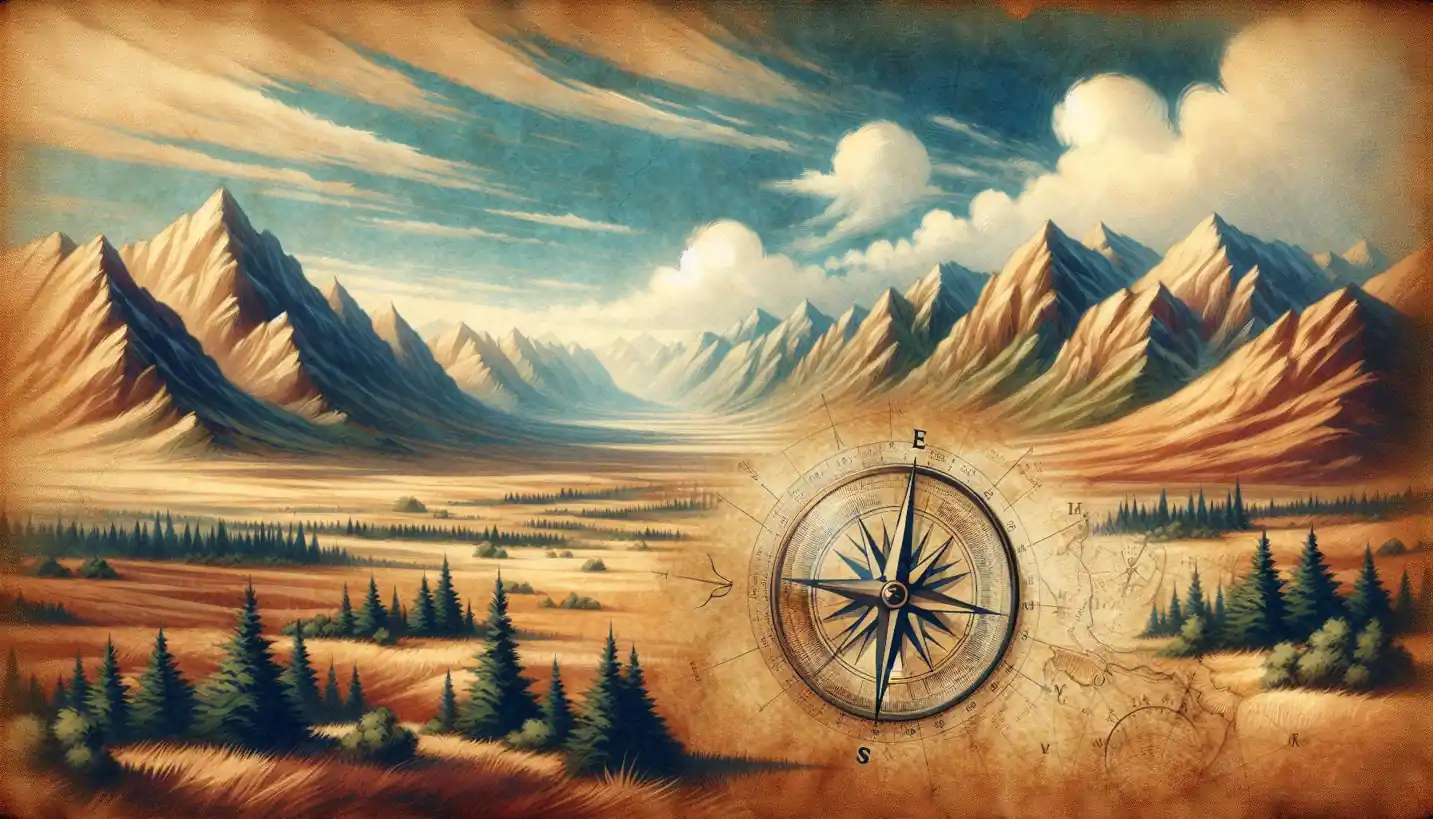· Geography · 4 min read
Ecological Footprint: Understanding Our Environmental Impact
The ecological footprint highlights human impact, encouraging us to measure and manage resource consumption responsibly.

Let’s dive into the fascinating world of ecological footprints, a concept that helps us understand our impact on the planet. Imagine you’re at a birthday party, and there’s a huge cake. Everyone wants a slice, but the slices are uneven. Some are tiny, and some are massive. This cake is like our planet’s resources, and the slices represent how much each of us uses.
The ecological footprint is a way to measure how much land and water area we need to produce the resources we consume and to absorb the waste we generate. It’s like calculating the size of your slice of cake. If everyone on Earth lived like you, how big of a cake would we need?
The Roots of Ecological Footprint
The idea of the ecological footprint was first introduced by Mathis Wackernagel and William Rees in the early 1990s. They were trying to create a simple way to show how human demands compare to what Earth can renewably provide. Think of it as creating a personal environmental budget: are you living within your means, or are you overspending the planet’s resources?
How Is It Measured?
Measuring an ecological footprint involves several factors. It looks at the amount of land and water needed to grow food, produce energy, and handle waste, among other things. This calculation is usually expressed in global hectares, where one hectare equals about 2.47 acres.
Imagine tracking everything you use in a day: the water in your shower, the gas in your car, the electricity powering your home. All of this adds up to create your footprint. The bigger it is, the more stress you’re putting on the planet.
Global and Personal Perspectives
From a global viewpoint, ecological footprints show us which countries or regions are living beyond their ecological means. Take the United States, for example, which has one of the largest ecological footprints. If everyone lived like an average American, we would need about five Earths to support our lifestyles!
On a personal level, your footprint can reveal surprises. Did you know that the food you eat, especially meat, has a massive impact? Livestock requires a lot of land and water, contributing significantly to your ecological footprint.
Reducing Our Footprint
The real question is: how can we shrink our ecological footprint? Start by making small changes. Consider this: reducing meat consumption once a week can significantly lower your environmental impact. It’s not just about food, though. Saving energy by turning off lights, driving less, or using reusable products can make a huge difference.
Communities around the world are also making efforts. Cities are focusing on public transportation, green spaces, and renewable energy to create sustainable environments. Everyone plays a role in making sure our planet doesn’t run out of “cake.”
The Importance of Awareness
Understanding our ecological footprint is crucial because it’s a straightforward way to gauge sustainability. It pinpoints where we’re overspending Earth’s resources and helps guide us toward more sustainable living. This knowledge empowers us to make better choices that ensure a healthier planet for future generations.
Future Directions
The journey doesn’t stop here. Scientists are continually working on more precise methods to measure and reduce ecological footprints. Advances in technology and renewable resources are paving the way for a brighter future. Imagine a world where we only use what Earth can naturally provide every year. That’s the ultimate goal.
So next time you wonder about your impact on the planet, think of your ecological footprint. It’s a personalized tool for measuring sustainability, and it offers a roadmap toward a greener tomorrow. Understanding this concept is the first step in taking responsibility for our environmental impact and striving for balance in the natural world.
By making conscious decisions today, we can leave a lasting positive impact on our planet. Let’s strive to become more mindful consumers, respecting the resources that sustain us and working towards a sustainable future for us all.



